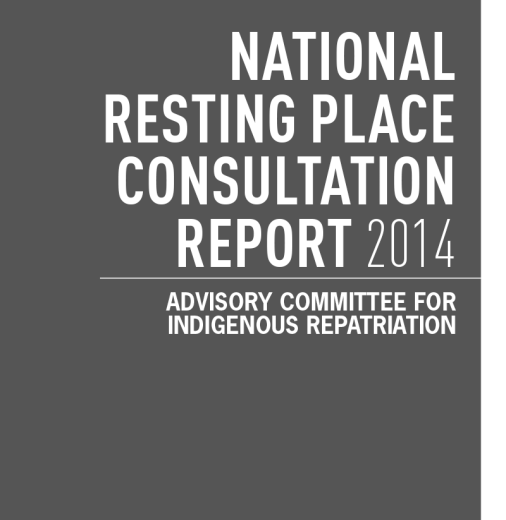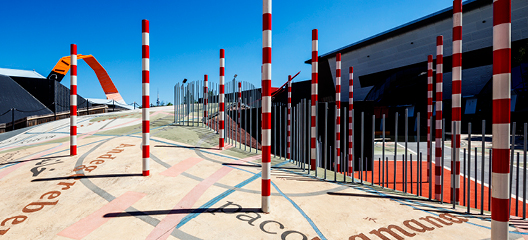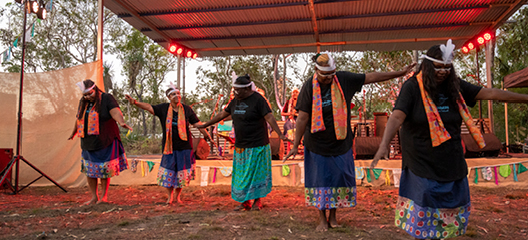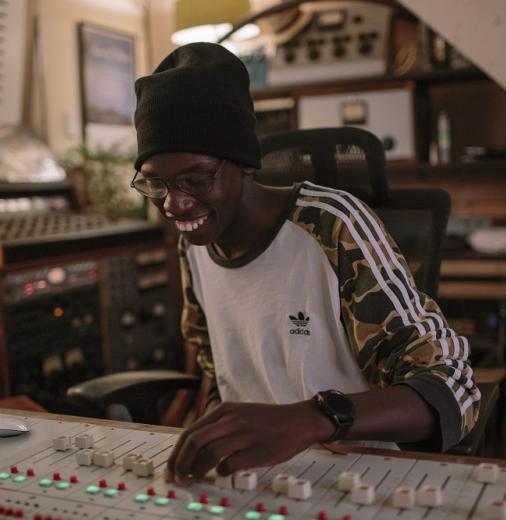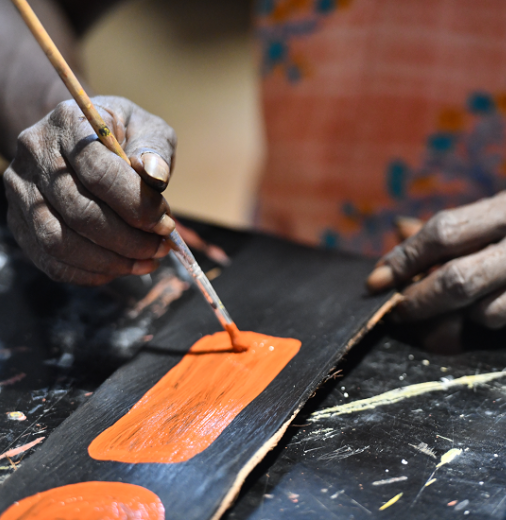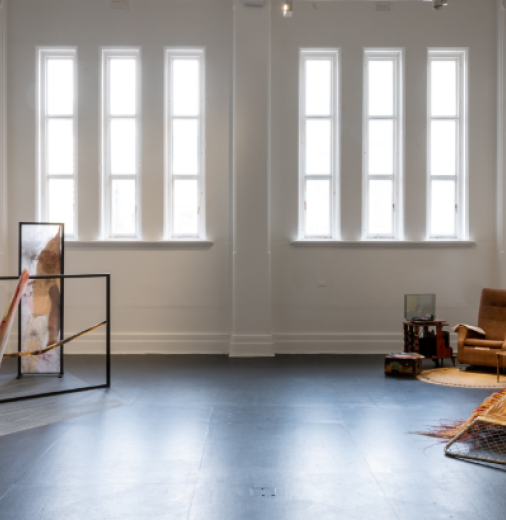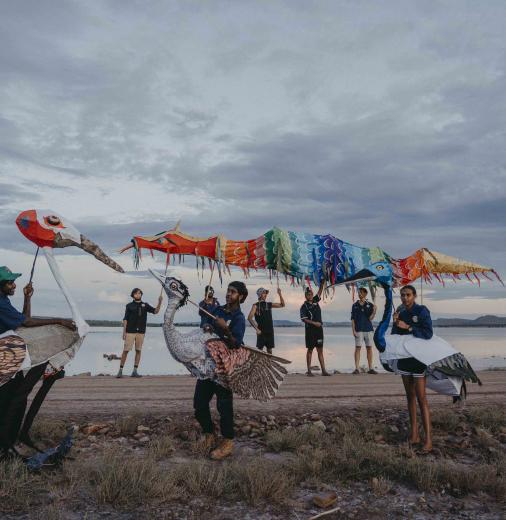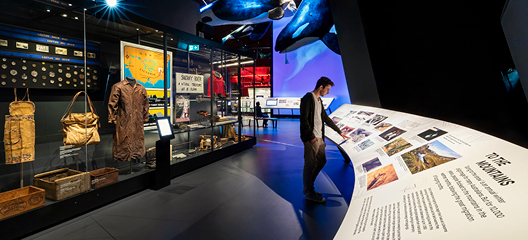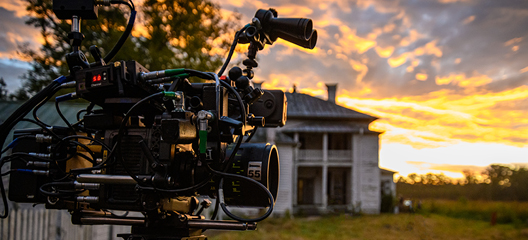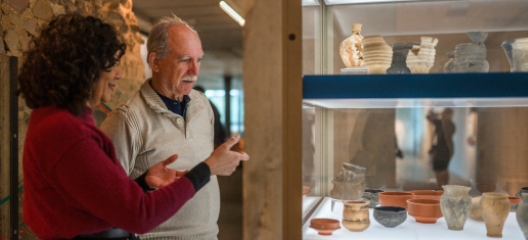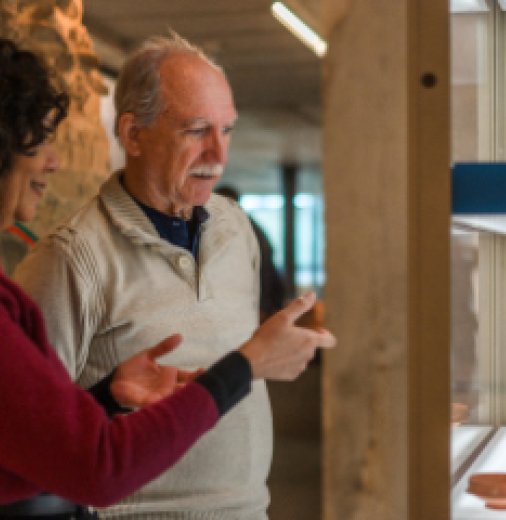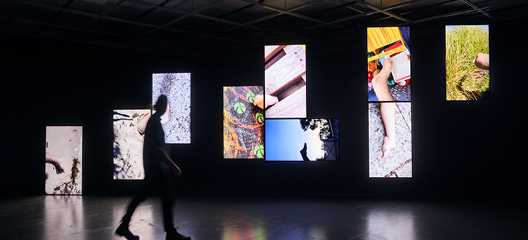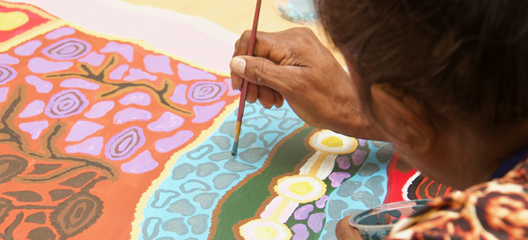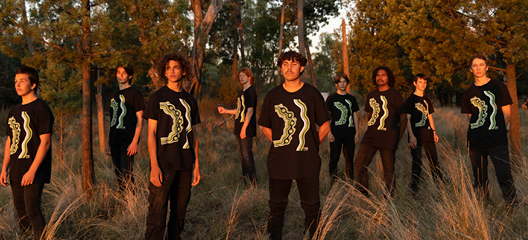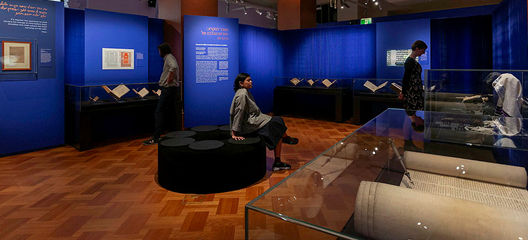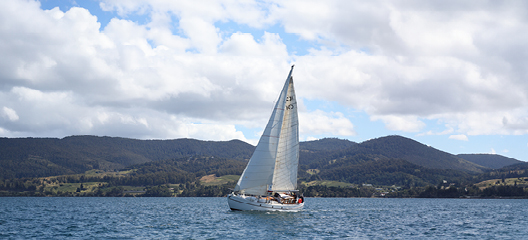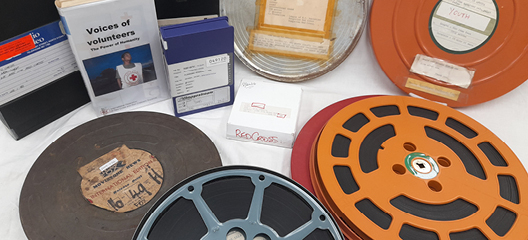National Resting Place
On 5 January 2022, the Australian Government announced its commitment to establish a National Resting Place within a new national Aboriginal and Torres Strait Islander cultural precinct in Canberra—Ngurra Precinct. The National Resting Place will house and care for ancestors returned from overseas by the Australian Government, whose provenance is insufficient to identify their community of origin.
The Precinct will also include a Culture and Knowledge Centre and a new home for the Australian Institute for Aboriginal and Torres Strait Islander Studies (AIATSIS), which is leading the development of this project.
To find out more about the project, please visit the AIATSIS website at Ngurra: The National Aboriginal and Torres Strait Islander Cultural Precinct | AIATSIS.
Statement from the Advisory Committee for Indigenous Repatriation
The national Advisory Committee for Indigenous Repatriation (the Committee) welcomes the Australian Government's announcement to build Ngurra, an Aboriginal and Torres Strait Islander cultural precinct in Canberra.
The Committee welcomes the Ngurra development, which will include the long sought after National Resting Place for returned ancestors. The National Resting Place will contribute significantly to the long-term care of repatriated ancestors with limited provenance and any associated cultural material from overseas institutions. The National Resting Place will be a significant contributor in the role of educating the Australian public on Australia's hidden histories.
The National Resting Place has been a long-term aim of the Committee and its various iterations for over 30 years. Many Aboriginal and Torres Strait Islander peoples have been championing the creation of a National Resting Place. After extensive consultations in 2013 and 2014, the Committee prepared the '2014 National Resting Place Consultation Report', that had at its core, the major recommendation that a National Resting Place be established in Canberra.
The commitment by the Australian Government to the development of the National Resting Place within the Ngurra Aboriginal and Torres Strait Islander cultural precinct is supported by the Committee so our ancestors will be cared for and respected into the future.
Phil Gordon and Chrissy Grant
Co-chairs, Advisory Committee for Indigenous Repatriation
Steps towards a National Resting Place
In June 2019, the Australian Government committed $5 million to AIATSIS to undertake a scoping study and consultation as a first step.
In April 2019, the Joint Standing Committee on the National Capital and External Territories tabled its report Telling Australia's Story—and why it's important: Report on the inquiry into Canberra's national institutions. The thirteenth recommendation, proposed the Australian Government relocate AIATSIS and expand its remit and facilities to constitute a comprehensive national institution focused on history, culture and heritage of Australia's Indigenous peoples, including a National Resting Place for repatriated ancestral remains that cannot immediately return to Country.
In November 2018, the Joint Select Committee on Constitutional Recognition relating to Aboriginal and Torres Strait Islander Studies presented its Final Report. The fourth recommendation, recommended the Australian Government consider the establishment, in Canberra, of a National Resting Place for the remains of Aboriginal and Torres Strait ancestors which could also be a place of commemoration, healing and reflection.
In 2014 the Committee provided the 2014 National Resting Place consultation Report (the Report) to the Australian Government to inform decision making about the long-term care of ancestors repatriated from overseas that are unable to be returned to their Traditional Custodians. The Report proposed that a National Resting Place be established in Canberra for the ancestors.


